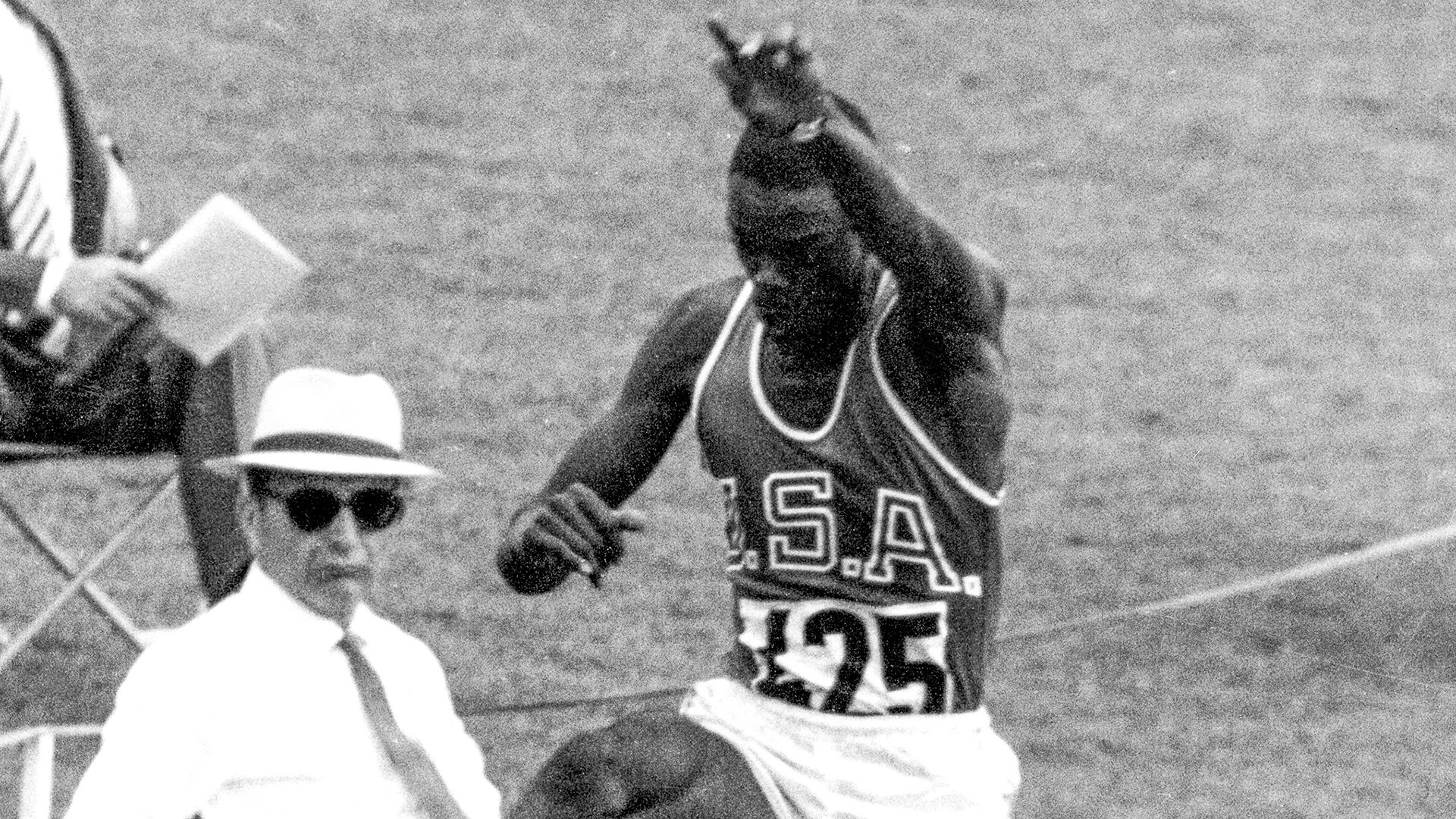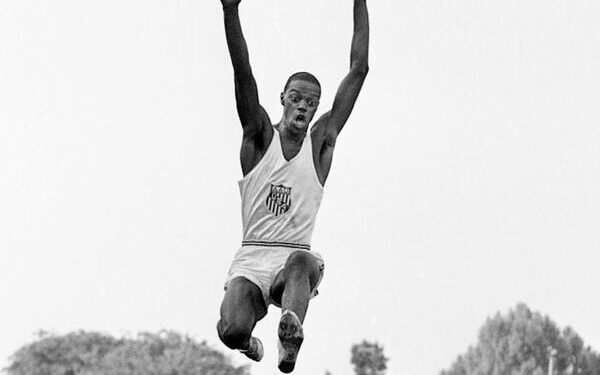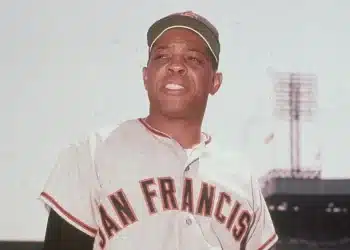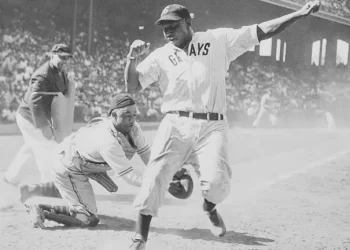By: Zachary Draves
Olympic long jumper Ralph Boston was methodical. A quiet genius. He may not have been a rabble rouser in the tradition of Muhammad Ali, but he did the bare minimum when it came to letting it be known about where he stood as a black man in a turbulent era.
On Sunday, the Tennessean broke that the 83 year old from Laurel, Mississippi and alum of Tennessee State had passed away in Nashville after suffering a stroke.
Beginning with his high school days in Laurel, Boston was an athlete that was destined for greatness. He set an unprecedented standard with his ability to master the art of leaping into the air for mere seconds before landing firmly with bruiting force in the dirt pit.
In 1960, he won the NCAA championship in the long jump, while representing Tennessee State, an HBCU known for producing legendary talent such as fellow track Phenom Wilma Rudolph.
That August, he made history at a US sponsored track meet by breaking the great Jesse Owens’ world record in the long jump set back in 1935. He leaped 26 feet, 11 inches.

(Courtesy: Mississippi Sports Hall of Fame)
His coming out part on the international stage came in that summer’s Olympic Games in Rome, Italy, which happened to be the first nationally televised games. As part of a decorated US team that included Rudolph, who would win three gold medals, and Ali, then Cassius Clay, who won gold in light heavyweight boxing, Boston joined their ranks in continuing to make history.

(Courtesy: US Olympic and Paralympic Hall of Fame)
He won gold by setting a new Olympic record by jumping 26 feet, 7 ½ inches.

(Courtesy: Associated Press)
Boston would go on to win silver at the 1964 games in Tokyo and bronze at the 1968 games in Mexico City. In those games, he finished behind his teammate Bob Beamon, who famously set the world record by jumping 29 feet, 2 ½ inches, which would stand for twenty three years.
While his accomplishments on the track are certainly celebratory and arguably he became a template for excellence in the long jump in the modern era, it was what he did off the track that made him a special person. As a black man who came of age in the 1960s, Boston beard witness to injustice and found ample time to speak out.
According to Dr. Louis Moore, Professor of History at Grand Valley State University and author of We Will Win The Day: The Civil Rights Movement, The Black Athlete, And The Quest For Equality, Boston met the moment in various instances.
In 1961, he joined a boycott of a track meet in Houston, Texas in protest of segregated seating.
That same year, he refused to attend an honorary ceremony that was presided over by then Mississippi Governor and ardent segregationist Ross Barnett. The ceremony, which included the honoring of fellow Laurel native and opera legend Leontyne Price, was to commemorate the opening of a segregated school.
Per Dr. Moore, the Mississippi NAACP put out the following statement.
1961
Racist Mississippi governor Ross Barnett tries to honor Ralph Boston at an event to open a segregated school.
Boston no shows.
Check out what the Mississippi NAACP said: pic.twitter.com/3zMVA47o3i— profloumoore (@loumoore12) May 1, 2023
In 1967, racism still permeated throughout society and against this backdrop, a group of black athletes in consultation with famed sports sociologist Dr. Harry Edwards created the Olympic Project for Human Rights.
The original intent was to boycott the games in Mexico City in protest of racism. However, Boston was very reluctant to take part due to him wanting to compete in a third and final Olympics as well as feeling that the best way to achieve social progress was by being incremental.
On April 4, 1968, Dr. Martin Luther King Jr. was assassinated in Memphis, Tennessee. That shook up Boston to want to change course and do more. Plans to collectively boycott fell through, but a consensus was made amongst the black athletes including Boston was to make a statement in a way they felt comfortable with.

(Courtesy: Gallo Images)
While Mexico City is best remembered for the black power salute made by Tommie Smith and John Carlos, Boston followed suit during his medal ceremony with Beamon. He walked onto the podium to accept his bronze medal wearing no shoes and no socks. Similar to Smith and Carlos, it was a way to protest poverty in the black community.

(Courtesy: Raymond Depardon/Magnum Photos)
After the games, Boston accepted a position at the University of Tennessee at Knoxville as the Coordinator of Minority Affairs and Assistant Dean of Students. A position he held until 1975.
He was also a field reporter for CBS Sports in their coverage of track events.
When assessing the magnitude of his legacy, Dr. Moore places him in the context of a man who was able to make a difference by just being exuded his natural gentleness.
“Boston is one of the many forgotten Black athletes that had to wrestle with the meaning of sports and their second class citizenship status during the civil rights movement, he said.” “And he did so gracefully, making decisions about his future and community in mind.”
To sum up, Ralph Boston was a man of decency, dedication, and distinguished who lived his life with sheer excellence and heart.

(Courtesy: Prince Williams/WireImage)
A life well lived.
PS: If you are in need of some top notch sports gear to celebrate your favorite teams, please go to Fanatics for some amazing offers. Use the code name SUNNY to get 60% off your next purchase statewide.


 NFL
NFL





